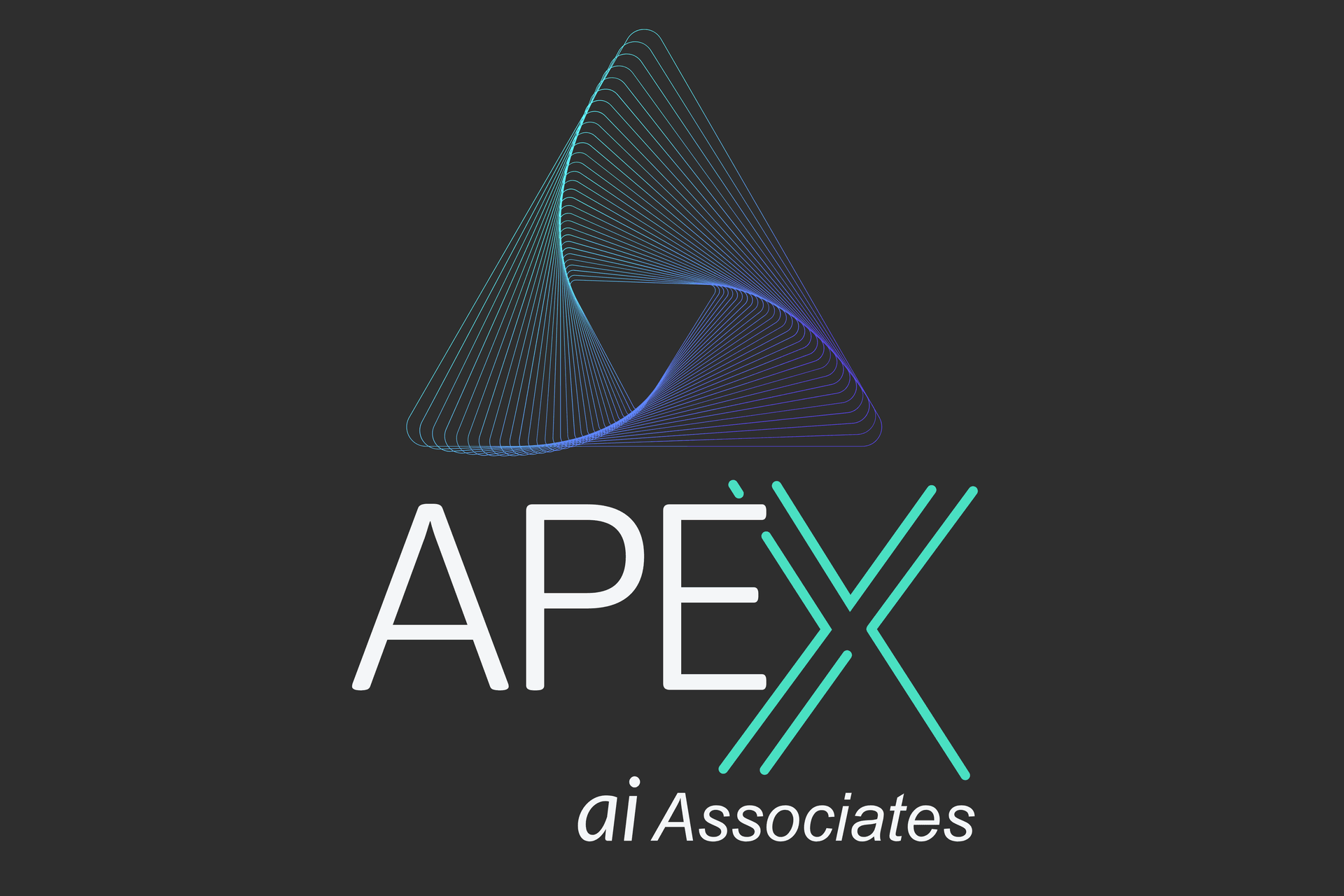A Comprehensive Guide to Generative AI for Business Leaders
Understanding Generative AI
Generative AI is transforming the landscape of business operations, providing leaders with innovative tools to enhance productivity and creativity. This type of artificial intelligence involves algorithms that can generate new content, from text to images, based on the input data they are trained on. The adaptability and potential of generative AI make it a valuable asset for forward-thinking business leaders.

Applications in Business
Generative AI has a wide range of applications in the business world. It can be used to automate content creation, design marketing campaigns, and even develop new products. For instance, AI tools can draft personalized marketing emails, design logos, or even compose music for advertisements. By leveraging generative AI, businesses can streamline operations and reduce costs while maintaining high-quality output.
Moreover, generative AI can enhance customer engagement through personalized experiences. By analyzing customer data, AI can create personalized product recommendations or tailor content to individual preferences, leading to improved customer satisfaction and loyalty.

Benefits for Business Leaders
For business leaders, the benefits of integrating generative AI are substantial. Firstly, it offers a competitive edge by enabling rapid innovation and adaptability. Companies that harness AI's power can quickly respond to market changes and customer demands. Secondly, generative AI helps in optimizing resource allocation, allowing leaders to focus on strategic decision-making rather than routine tasks.
Another key benefit is the enhancement of creativity within teams. By automating mundane processes, employees have more time to focus on creative problem-solving and strategic initiatives, driving overall business growth.

Challenges and Considerations
Despite its advantages, implementing generative AI is not without challenges. Business leaders must consider data privacy and security issues, ensuring that AI systems comply with regulations and protect sensitive information. Additionally, there is a need for investment in infrastructure and talent to effectively deploy AI technologies.
Understanding the ethical implications of AI is also crucial. Leaders must ensure that AI-generated content aligns with company values and does not perpetuate biases or misinformation. Establishing guidelines and oversight can help mitigate these risks.
Steps to Implement Generative AI
Implementing generative AI in a business involves several steps. Here's a simple guide to get started:
- Identify Opportunities: Determine which areas of your business could benefit most from AI applications.
- Build or Acquire Talent: Invest in skilled professionals or partner with AI experts to develop and manage AI systems.
- Integrate AI Solutions: Implement AI tools progressively, starting with pilot projects to test effectiveness and scalability.
- Monitor and Adapt: Continuously evaluate AI performance and make adjustments to optimize outcomes and address any challenges.
By following these steps, business leaders can effectively integrate generative AI into their operations, driving innovation and growth.

The Future of Generative AI in Business
The future of generative AI in business is promising, with potential advancements in AI capabilities and applications. As technology evolves, businesses will have access to even more sophisticated tools, enabling them to revolutionize their operations further. Staying informed about AI trends and continuously exploring new possibilities will be key for business leaders aiming to remain competitive in a rapidly changing landscape.
Generative AI is not just a technological advancement; it's a strategic tool that can redefine how businesses operate. By embracing this technology, leaders can unlock new levels of efficiency, creativity, and growth.
